-
play_arrow
Groover City Radio AAC+ Groover City Radio AAC+
-
play_arrow
Groover City Radio HD Groover City - Tune in, turn up!
-
 play_arrow
play_arrow
Keeana Kee “Tik Tok”: The Ultimate Summer Anthem Groover City
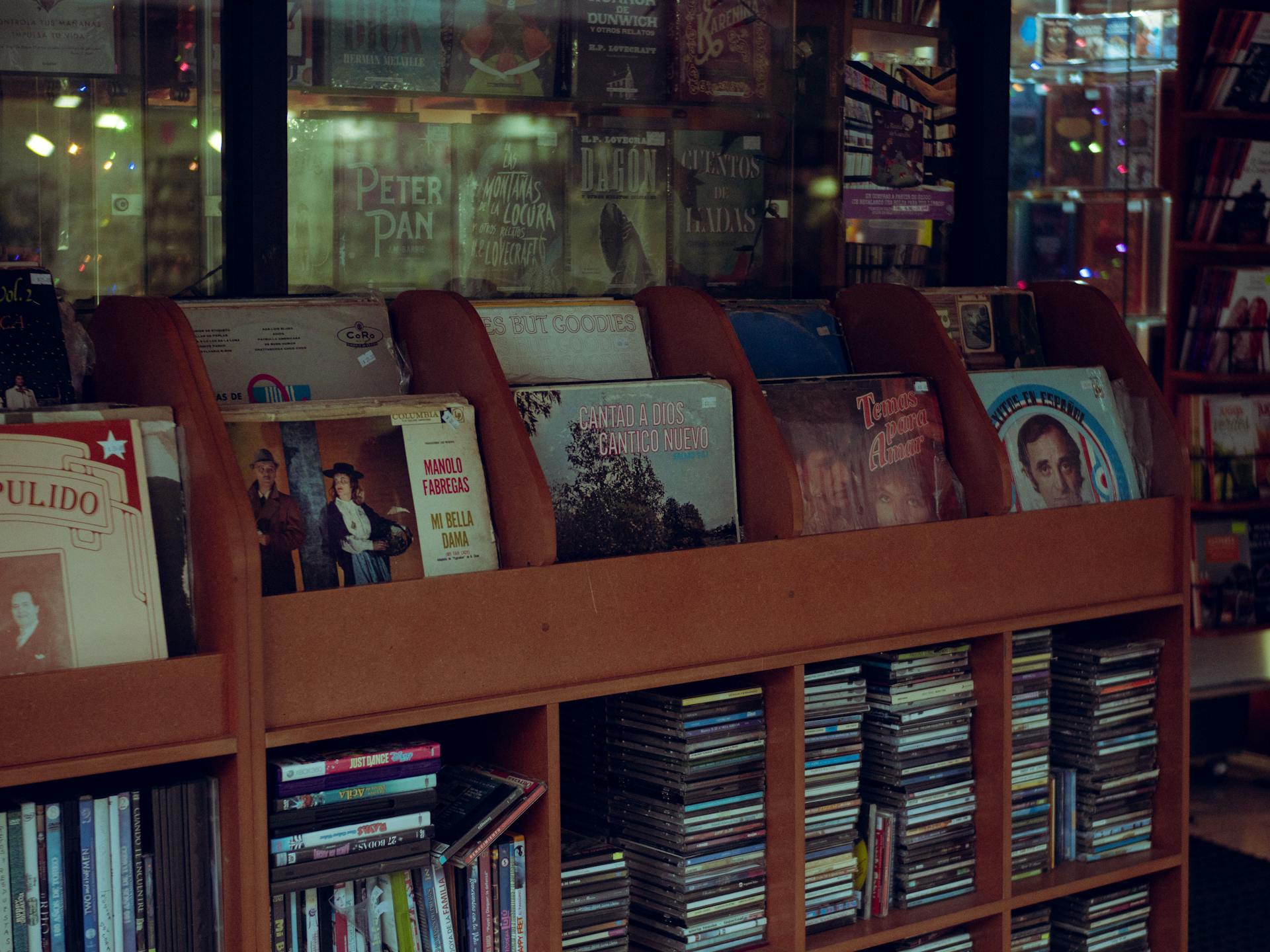
The Musician’s Journey: From Old-School Beats to New-School Grit
You don’t just stumble into a life of music by accident. It’s more like a lifelong affliction, one you carry through every phase of your life, until you’re either too far in to turn back or too in love to care. Trust me, I know. I’m Flav, and after 30 years of spinning, remixing, producing, and countless late nights spent deep in the music and multimedia field, I’ve seen how the scene has evolved – and how musicians have adapted, or failed to. This is a confession, a personal reflection on the past and the present of a musician’s journey, with all its grit, glory, and necessary grime.
When a Beat Was Just a Beat: The Past in All Its Raw Glory
Once upon a time, back when “software” was barely a concept and “editing” meant getting creative with physical tape, musicians didn’t worry about anything but the sound. Back then, the barriers to music were physical, literal gatekeepers of the industry. You either impressed someone who held the key to the studio, or you didn’t get in. Technology was rudimentary, and yet, it produced music that even now makes us pause. You might say it was all heart and almost no head. Studio time was scarce and precious, so every note mattered. And sure, the limitations sometimes led to less-than-perfect recordings, but they were human. That, maybe, was the point.
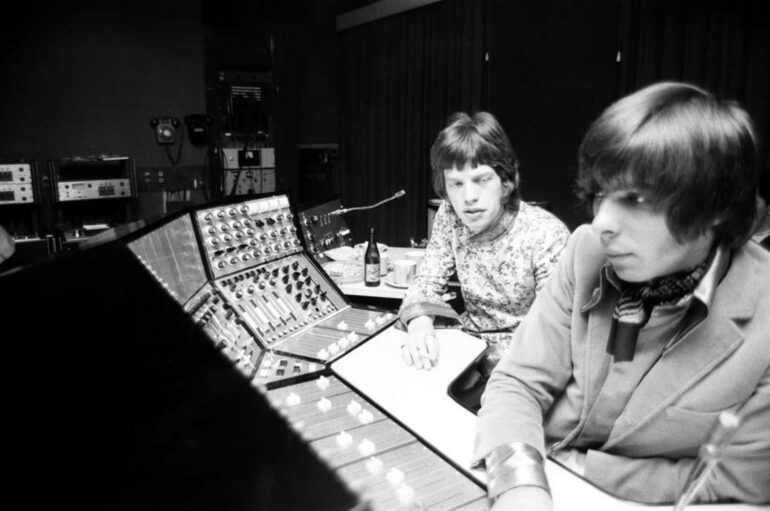
Think of the iconic bands that defined genres. Those raw, scratchy takes from the Rolling Stones, Led Zeppelin, and even the electronic wizards of Kraftwerk. None of them had access to today’s “fix-it-in-the-mix” tools. They didn’t even have tools to smooth out the edges, to clip away mistakes and sharpen the beat. Mistakes were part of the music, like wildflowers in a perfectly manicured lawn.
The Digital Renaissance: The Rise of Tools and the Loss of Limitations
Fast forward to now, and we live in a digital dream. Or nightmare, depending on who you ask. We have access to every tool under the sun to create, destroy, resurrect, and refine music. If the past was limited by access and sheer technical impossibility, the present is limited by something else entirely: the sheer weight of endless possibility.
Today, a musician is part-composer, part-engineer, and part-coding enthusiast. From synthwave wizards using tools like Ableton , FL Studio and Logic Pro to manipulate beats, to pop icons whose autotune is as recognizable as their voices, technology is at the same time an accessory and a co-star. Some would argue it’s stealing the show. But here’s the thing about technology: it’s both liberating and limiting. It’s freeing musicians to create without bounds, but in doing so, it’s shifted the music-making process from human imperfection to machine precision. And whether we like it or not, the art has changed.
Look at the superstars of today: Billie Eilish layering atmospheric soundscapes with her brother Finneas. Or Gorillaz‘s genre-blending virtual band concept, that fused animated characters with real-world collaborations, merging the digital and analog worlds in a unique way. The tools have changed, and so has the sound. And while some might mourn the “old ways,” others argue that music’s evolution is a sign of progress, not loss.
The Sound of Experience: Lessons From 30 Years in the Scene
Thirty years in this industry teaches you one thing above all: music isn’t what you make, it’s how you make it. And let me tell you, I’ve seen plenty of approaches. Musicians in their early days often hold a fierce attachment to the purity of their sound, refusing to bend to the industry’s tricks and trends. It’s refreshing, even if it’s occasionally naive. But as time goes on, the flexibility creeps in. Musicians find themselves experimenting, adapting, and even embracing those so-called “limitations” of modern production tools, often becoming more refined as a result.
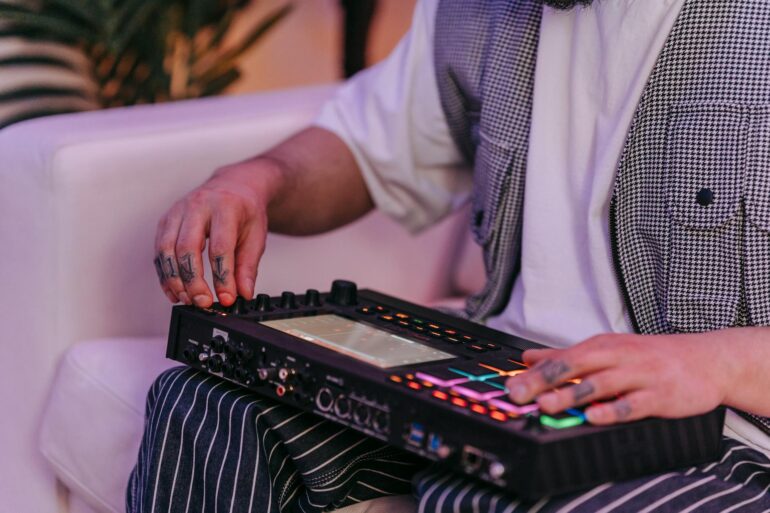
Yet, there’s always a sense of nostalgia. Ask anyone who’s been around long enough, and they’ll tell you that music used to be “realer.” But here’s the catch: every generation feels that way. It’s not that music has gotten less real, but that it’s evolved in a way that echoes the technological shifts around us. A musician today is no more “genuine” or “fake” than they were in the ‘80s. They’re just playing with a different set of tools.
And so, the journey of a musician is this: a balancing act between the grounded past and the gravity-defying present. They make mistakes, learn, adapt, and grow. They find the sweet spot where their sound – machine-made or not – becomes unmistakably their own.
Then Versus Now: Bridging the Musical Divide
Bridging the past and the present isn’t about choosing one over the other. It’s about understanding that music is both change and continuity. Take artists like The Weeknd, who seamlessly blends ‘80s nostalgia with modern production, or Arctic Monkeys, whose sound has morphed from scrappy garage rock to polished lounge pop. Or even veteran artists like David Bowie (rest his soul), who evolved so many times he might as well have been a genre of his own.

These artists show us that a musician doesn’t have to discard the past to embrace the future. They can take that raw, unfiltered energy and layer it with today’s polished precision to create something that, like all the best art, feels both timeless and new.
The Journey Forward: What Lies Ahead for the Musician?
So, here we stand in the now. Musicians of today are lucky. Maybe a bit cursed too. They’ve got tools that those in the past could only dream of, but also a set of expectations so high it would make a trapeze artist sweat. The next step in their journey? Finding their voice amid the clutter, their sound amid the algorithms, their soul amid the circuitry.
The music of the future isn’t just about what you can do with a beat, but what you can say with it. It’s about carrying the rough edges of the past into a world that wants to smooth everything over. It’s about saying, “Yes, I could make this perfect, but maybe I won’t. Maybe I’ll let a little grit in, a little mess, a little mistake.” Because music isn’t about perfection. It’s about presence.
And so, for every musician out there, seasoned veterans, budding stars, and everyone in between, the journey continues.
Written by: Flav
Similar posts
Latest articles
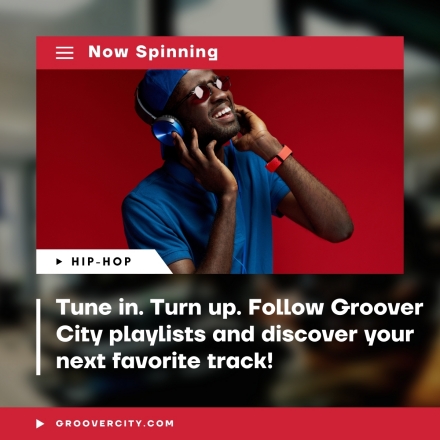
Top viewed

Search
Now on air
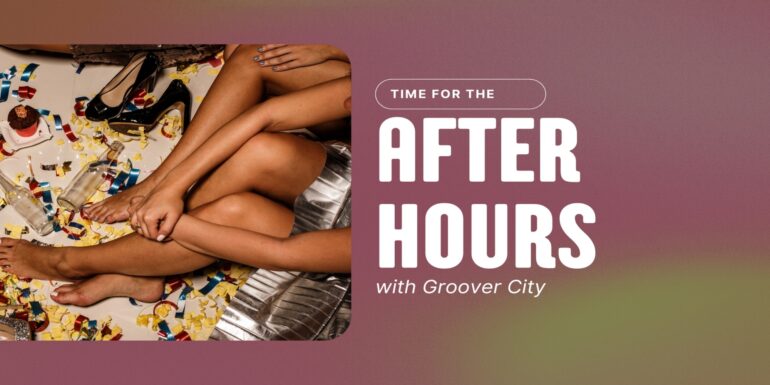
After Hours
With Groover City
When the streets fall silent, Groover City’s After Hours takes over - dark, hypnotic, and immersive soundscapes for creatives, dreamers, and the restless.
close-
Trending
+00:00
Groover City PRS & PPL licensed © 2026
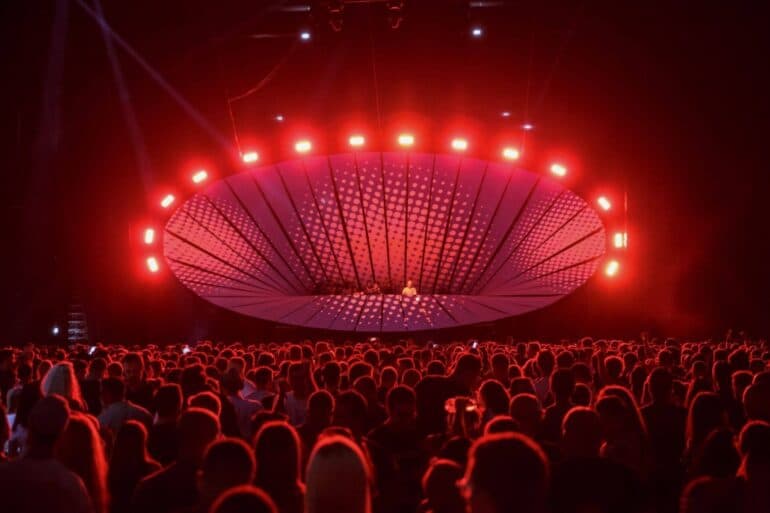
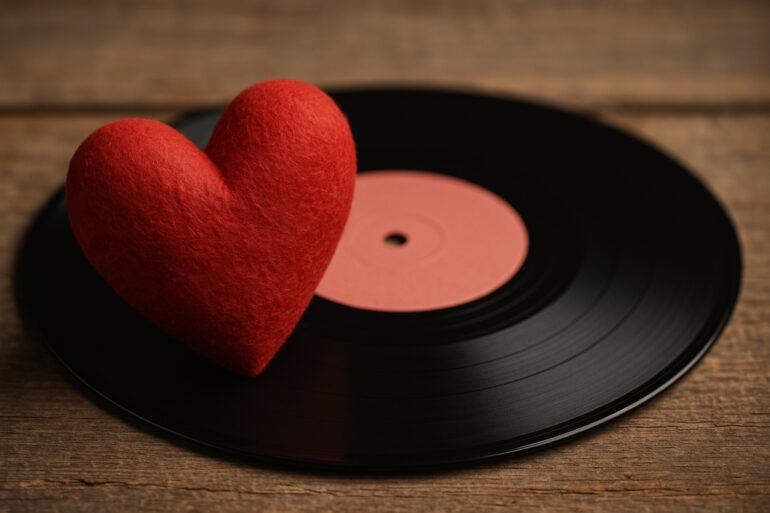
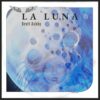


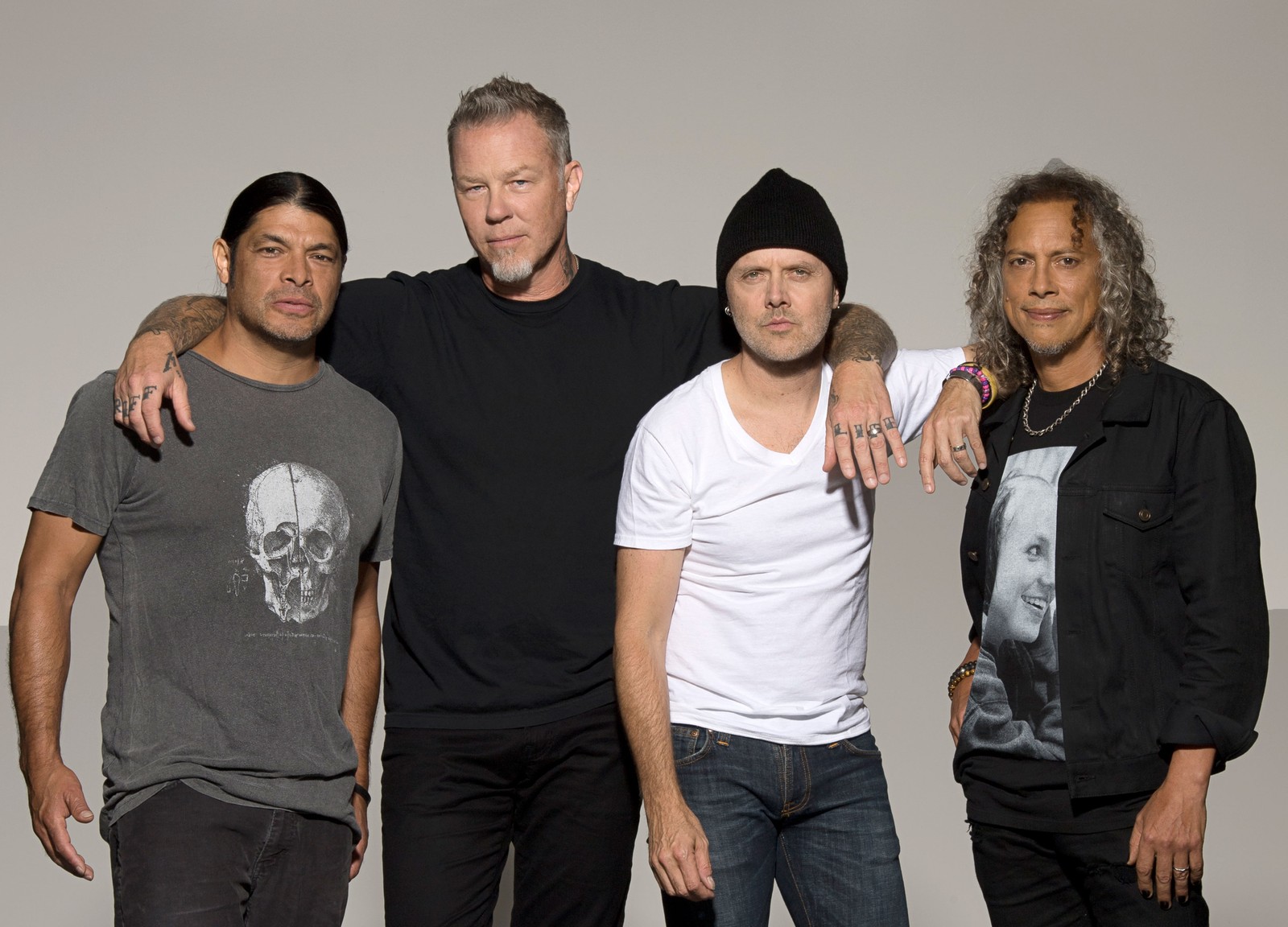



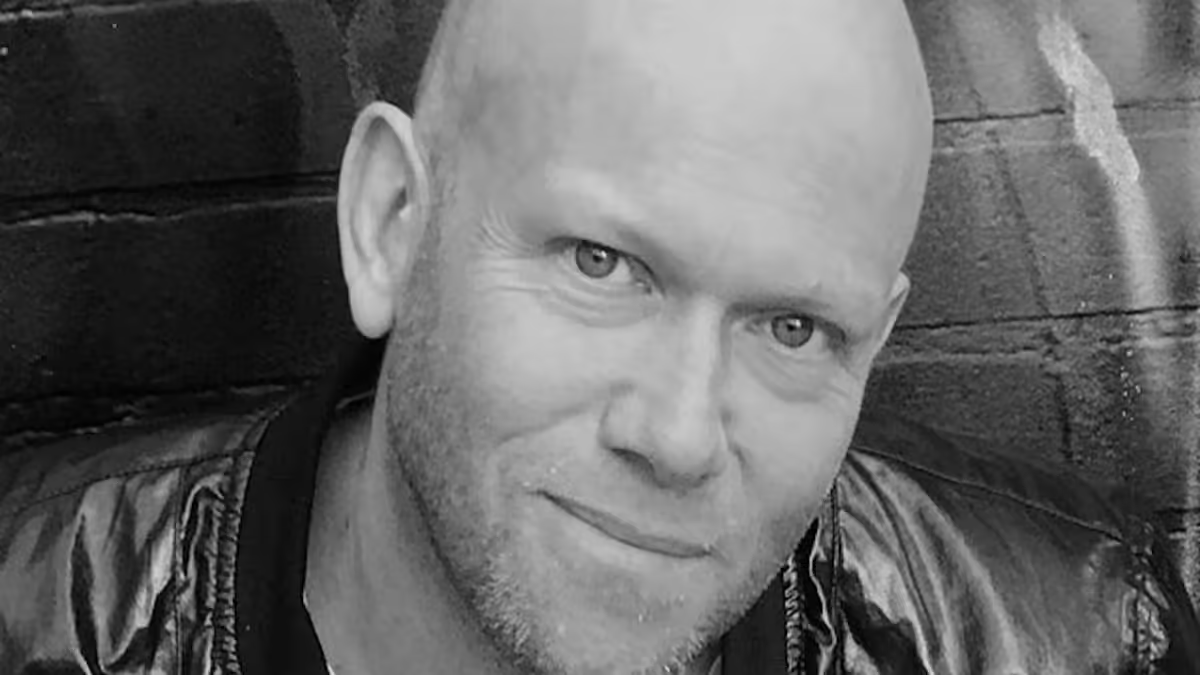
Post comments (0)